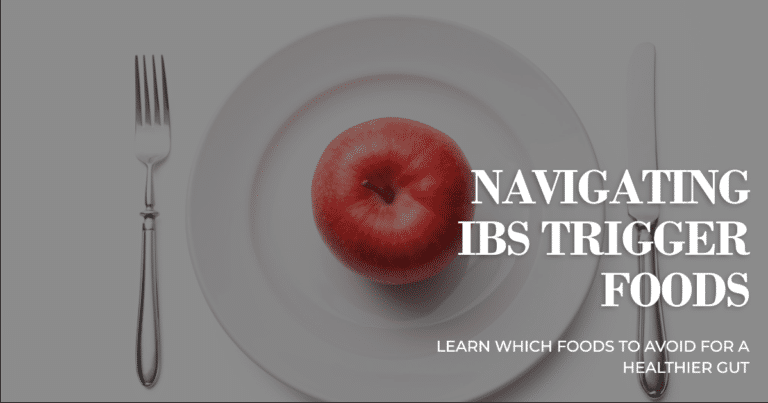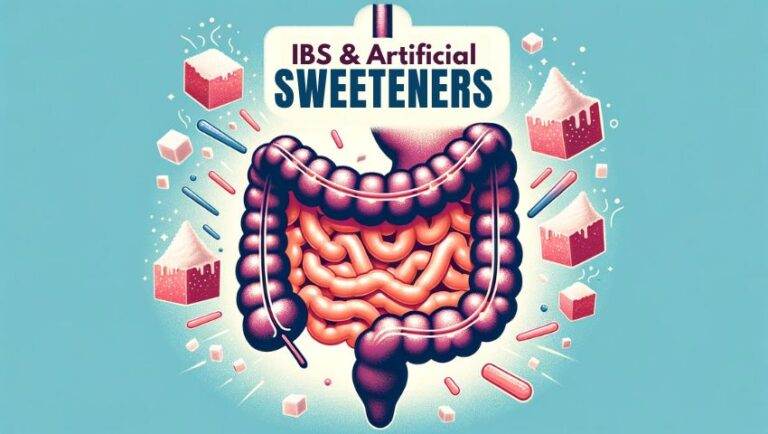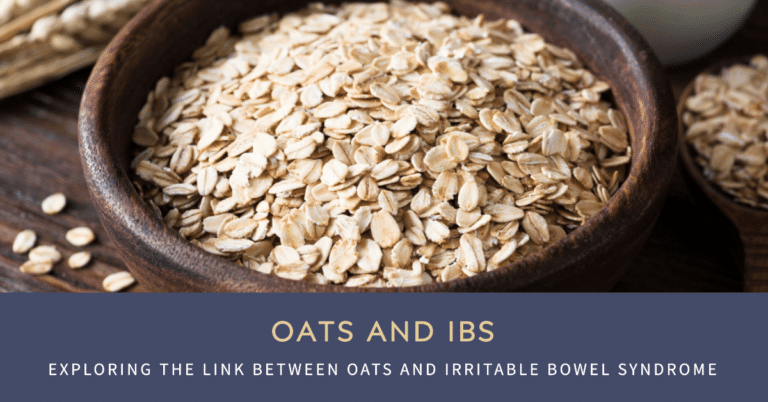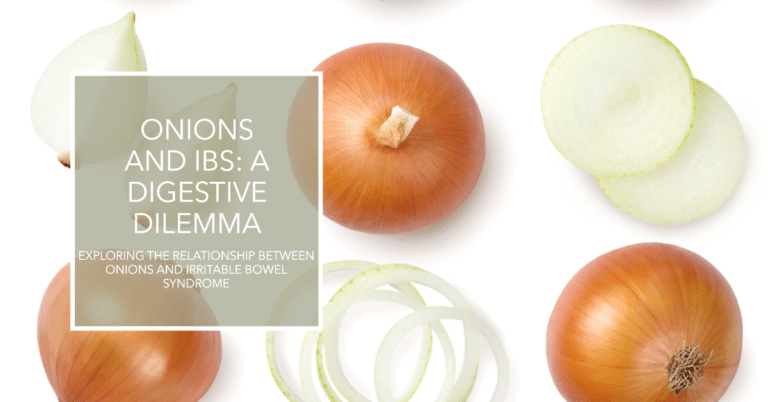IBS and Eggs: Can This Common Food Cause Your Flare-ups?
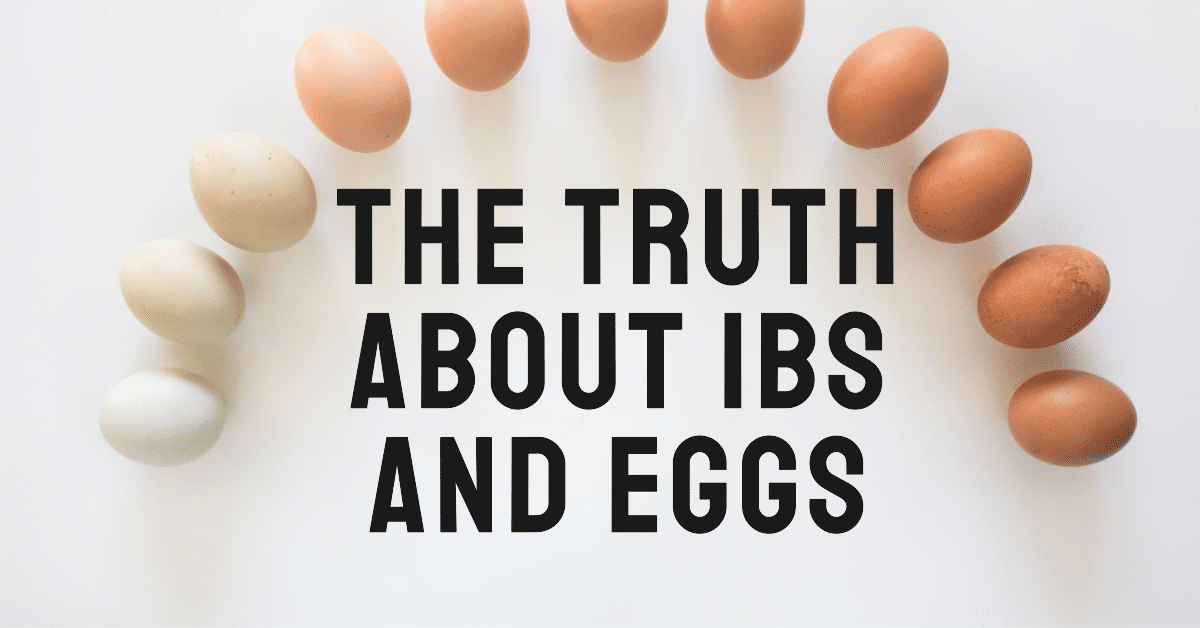
If you’re part of the 10-15% of the population living with irritable bowel syndrome (IBS), you’re likely seeking answers about certain foods.
Here’s a rapid response: eggs are a great source of protein and they don’t usually make IBS symptoms worse. Yet, an individual’s response can vary.
Allergic to eggs? Experiencing stomach pain, gas, bloating or irregular bowel movements after eating them? You may need to find that eggs aren’t exactly a great option.
Now, let’s dive deeper into understanding whether eggs can trigger IBS symptoms.
The IBS and Egg Basics
Before getting into eggs and IBS, let’s cover some basics. IBS involves chronic abdominal discomfort and altered bowel habits without any structural problems in the gut.
IBS is thought to be caused by various factors like genetics, gut-brain interaction, microbiome balance, diet, and stress.
Eggs are one of the most nutritious foods around. One large egg has about 6 grams of protein, 5 grams of fat, and minimal carbs.
Eggs also provide choline, selenium, vitamins A, D, E and K. So it’s easy to see why eggs are considered a nutritional powerhouse!
But just because a food is healthy doesn’t guarantee it’ll work for IBS.
Many wholesome foods can still worsen IBS. Paying attention to your unique body is key.
So what do experts think about the supposed connection between eggs and IBS? Let’s unpack this mystery.
Could Eggs Trigger Symptoms in People With IBS? It’s Complicated…
According to the Cleveland Clinic, eggs may cause IBS symptoms like abdominal pain, diarrhea, and gas for some IBS sufferers. But for others with IBS, eggs cause zero issues.
The impact really depends on the individual.
Here are some potential ways eggs may trigger your symptoms:
Allergic Reactions
Some people have an outright egg allergy, which definitely causes tummy troubles and IBS-like symptoms after eating eggs.
If you have hives, vomiting, diarrhea etc. when eating eggs, you likely have an allergy. This isn’t exactly IBS but it understandably makes eggs off-limits.
Fat Content Considerations
The fat in eggs may be problematic for IBS patients prone to diarrhea. Higher fat foods may worsen urgent, loose stools.
However, the fat may actually help those struggling with constipation by softening stools. Again, it depends on your symptoms.
FODMAP Factors
Eggs are FODMAP-free, making them safe for IBS sufferers.
However, teaming them with high-FODMAP foods can cause issues. So, savor your eggs, but choose your pairings wisely!
Choline and Diarrhea
Eggs are very high in choline. Some research finds excess choline intake can contribute to diarrhea in IBS by increasing gut motility. So eggs may be bothersome if diarrhea is your main struggle.
Protein and Digestion
Since eggs are high in protein, they take longer to digest. This may worsen symptoms like abdominal pain, gas or bloating for folks with protein-sensitive IBS.
Personal Tolerances
Food sensitivities vary greatly among those with IBS. One person may have no problems eating eggs. Another may find eggs reliably trigger their symptoms.
Eggs could play a role in IBS in many ways, depending on your personal sensitivities. Trial and error is the only way to know how eggs affect YOUR body.
Also Read: IBS and Onions: How this Culinary Staple Can Trigger Symptoms
Tips for Eggs with IBS
Eggs are undeniably nutritious and delicious. If you have IBS, it’s worth exploring if you can eat eggs without problems.
Here are some tips:
- Try different cooking methods – Scrambled, poached, baked etc. Preparation impacts digestibility.
- Stick to one egg at a time – See if a smaller portion is tolerable for you.
- Take digestive enzymes – Consider lipase supplements to help break down fat when eating eggs.
Beyond Eggs: Alternative Proteins
If eggs consistently worsen your IBS no matter what, don’t fret. You can get adequate protein from other excellent whole foods like:
- Lean meats like chicken, turkey and certain cuts of beef and pork
- Fish like salmon, tuna and cod
Get creative finding new go-to protein sources your IBS can tolerate.
IBS and Eggs – Concluding Thoughts
When it comes to eggs and IBS, the impact is highly individual. The only way to know how eggs affect YOUR IBS is to pay close attention to your own symptoms and experiment mindfully.
If eggs turn out to be problematic, rest easy knowing many other delicious protein-rich foods can nourish your body instead.
Discussing eggs with your healthcare providers can provide helpful guidance as you navigate this piece of the IBS puzzle.
If you’re searching for an alternative to the low-FODMAP diet to manage your symptoms, gut-led hypnotherapy with apps such as Nerva IBS could be right up your street!
Disclaimer: This content is based on my personal experience as an individual diagnosed with celiac disease and IBS (Irritable Bowel Syndrome) who follows a strict gluten-free diet. This does not constitute medical advice. Please consult a medical professional, nutritionist, or qualified dietitian for personalized, professional advice.

